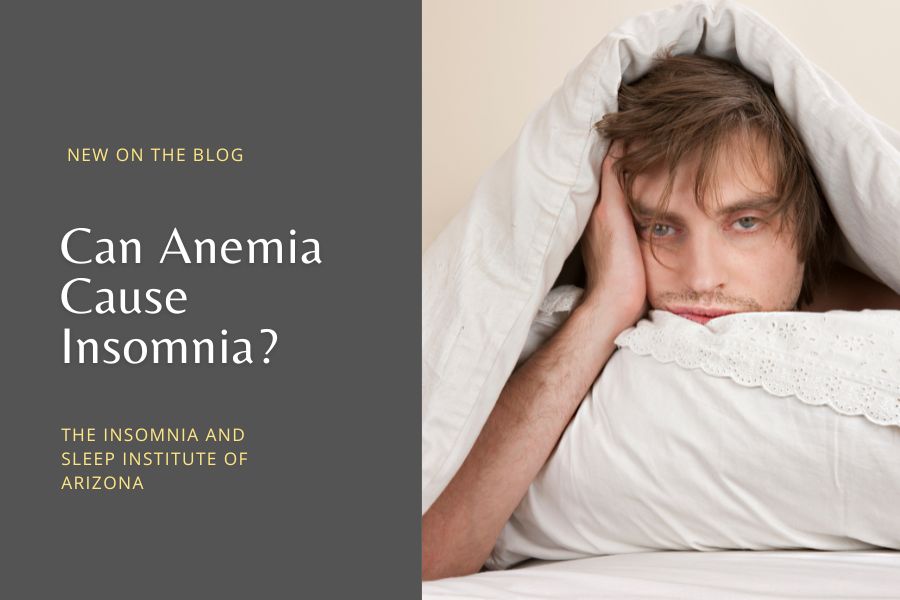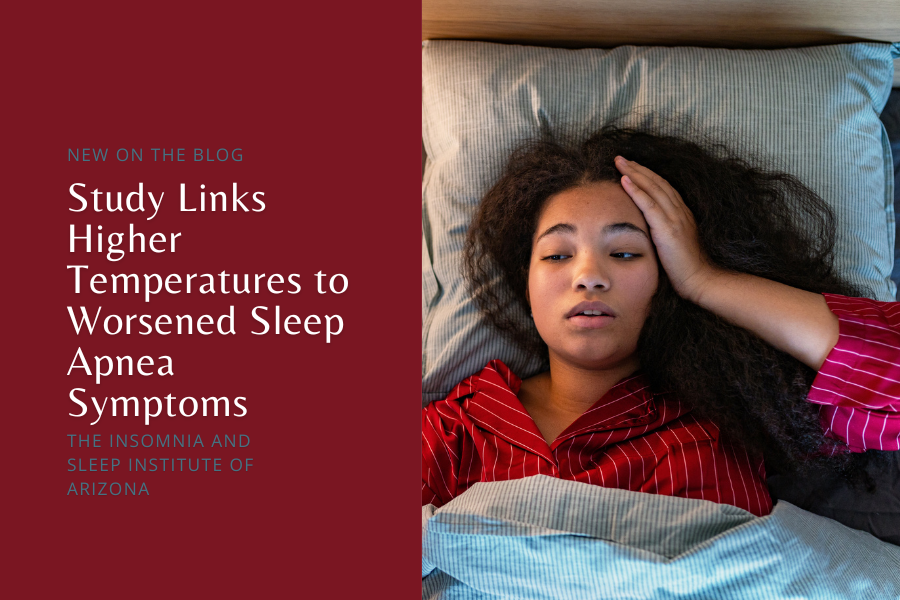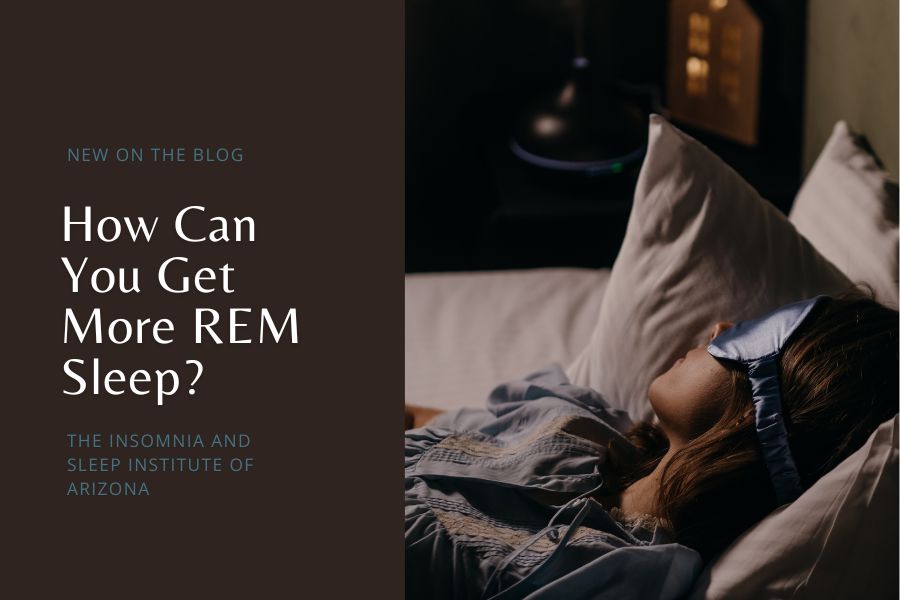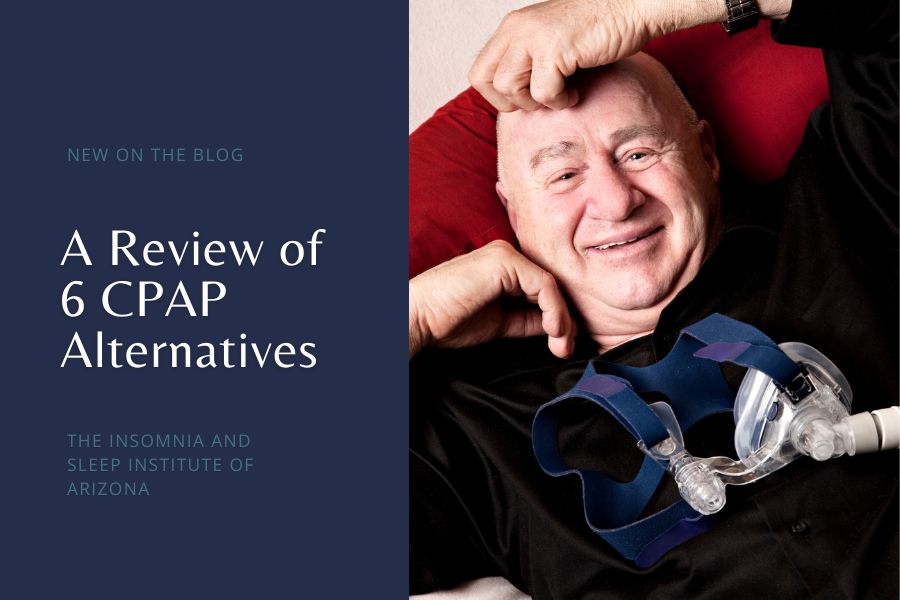Anemia affects millions, bringing fatigue, weakness, and surprisingly, sleep troubles too. Insomnia can be one of those hidden impacts.
For those dealing with anemia, a good night’s rest often feels out of reach. This can really mess with your day, mood, and health. If you’re always tired and struggling to sleep, anemia might be the culprit. This connection could explain why you’re caught in a cycle of exhaustion and sleepless nights. Breaking it isn’t easy, but it’s possible.
What Is Anemia and How Does It Affect Sleep Quality?
Anemia is a medical condition where the body lacks enough healthy red blood cells to carry adequate oxygen to its tissues. This can result from various causes, including iron deficiency, vitamin deficiencies, chronic diseases, and genetic disorders.
Based on the SDG Accelerator, anemia affects about 25% of the global population, making it a widespread health issue. But how does anemia impact sleep quality?
1. Fatigue and Daytime Sleepiness
Fatigue is a hallmark symptom of anemia. While it might seem that being overly tired would help you sleep better, it’s often the opposite. Constant fatigue can lead to excessive daytime sleepiness. Causing to disrupt the body’s natural sleep-wake cycle. This irregular pattern can make it difficult to fall asleep or stay asleep at night, contributing to insomnia.
2. Restless Legs Syndrome (RLS)
Iron deficiency anemia is strongly linked to Restless Legs Syndrome (RLS). RLS causes an uncontrollable urge to move the legs. Especially at night due to uncomfortable sensations. The National Institute of Neurological Disorders and Stroke reports that RLS affects about 10% of the U.S. population, with a significant overlap in those with iron deficiency. This condition can severely disrupt sleep. Making it hard to get a good night’s rest.
3. Night Sweats and Palpitations
People with anemia often experience night sweats and heart palpitations. These symptoms can cause frequent awakenings and difficulty returning to sleep. Night sweats, in particular, can be very disruptive. Causing the need to change clothes or bedding in the middle of the night. Palpitations can create anxiety and restlessness, further worsening sleep quality.
4. Cognitive and Emotional Impact
Anemia can also affect mental health, leading to anxiety, depression, and cognitive impairments. These issues can interfere with the ability to relax and fall asleep. Insomnia is commonly comorbid with anxiety and depression. In addition, the emotional and cognitive strain of dealing with anemia can thus create a vicious cycle, where poor sleep exacerbates both anemia symptoms and mental health issues.
5. Impaired Physical Health
Plus, anemia can weaken the immune system and lower overall physical health, making the body more susceptible to infections and illnesses. This weakened state can cause discomfort and pain. This may lead to further sleep disturbances. Moreover, chronic pain or frequent illnesses can make maintaining a regular sleep schedule and achieving restorative sleep challenging.
6. Hormonal Imbalances
Anemia can also lead to hormonal imbalances that impact sleep. For example, thyroid disorders often coexist with anemia. And thyroid hormones are important in regulating metabolism and energy levels. So, imbalances in these hormones can lead to sleep disturbances. Further compounding the effects of anemia on sleep quality.
Can Anemia Cause Insomnia?
The answer is yes. And it’s a topic that deserves attention. As mentioned earlier, anemia is a condition where the body lacks enough healthy red blood cells to carry adequate oxygen to the tissues. It can indeed disrupt sleep patterns leading to insomnia. Some studies that shed light on this connection are:
Anemia and Insomnia: A Cross-Sectional Study and Meta-Analysis
A comprehensive study conducted in China, involving 12,614 adults from the Kailuan Study cohort. The researcher aimed to investigate the link between anemia and insomnia. Anemia was defined based on hemoglobin levels: below 12.0 g/dL in women and 13.0 g/dL in men. Additionally, Insomnia was measured using the Chinese version of the Athens Insomnia Scale (AIS). With a total AIS score of 6 or above indicating insomnia.
The results were telling. Individuals with anemia had a higher chance of experiencing insomnia compared to those without anemia. Even after excluding participants with chronic inflammation, the association remained significant. Moreover, a meta-analysis pooling results from this and three other studies confirmed the positive association between anemia and insomnia.
Non-Iron-Deficient Anemia and Insomnia in Older Adults
Another study, the Baltimore Longitudinal Study of Aging examined 1,053 older adults to understand the association between anemia and insomnia symptoms. Participants were classified into three groups: nonanemic, non-iron-deficient anemic and iron-deficient anemic. Also Insomnia symptoms were assessed using the Women’s Health Initiative Insomnia Rating Scale (WHIIRS).
Interestingly, individuals with non-iron-deficient anemia showed higher WHIIRS scores. Indicating more severe insomnia compared to those without anemia. They were also twice as likely to report two or more insomnia symptoms. This suggest that even without iron deficiency anemia can still be a significant factor in sleep disturbances.
Sleep Quality in Iron Deficiency Anemia (IDA)
A study assessing sleep quality in 104 patients with iron deficiency anemia (IDA) compared to 80 healthy individuals revealed notable differences. Using the Pittsburgh Sleep Quality Index (or PSQI) and the Hospital Anxiety and Depression (HAD) scale, researchers found that patients with IDA had poorer sleep quality scores compared to healthy controls. Interestingly, the study showed that IDA affects sleep quality independent of psychological factors such as anxiety and depression.
Anemia and Sleep Duration in Infants
Furthermore, even in the early stages of life anemia can still impact sleep. A study involving 123 infants evaluated sleep patterns at 3, 6 and 12 months of age alongside anemia status at birth and 6 months. Infants with anemia were more likely to have shorter sleep durations. Then for each unit increase in hemoglobin levels, sleep duration increased by 16.2 minutes. Suggesting a direct relationship between anemia and sleep length.
Disclaimer: This content is based on studies linking anemia and insomnia. It is not a substitute for professional medical advice. Always consult a healthcare provider for personalized guidance. The Insomnia and Sleep Institute of Arizona is here to help with persistent or severe sleep issues.
Are There Long-Term Consequences of Untreated Anemia and Insomnia?
Absolutely, untreated anemia and insomnia can lead to serious long-term health consequences. Both conditions, when left unaddressed can seriously impact the people’s overall well-being and quality of life.
Physical Health Impacts
- Cardiovascular Problems: Untreated anemia forces the heart to work harder to deliver oxygen throughout the body. Over time, this can lead to heart enlargement, or heart murmurs. Sometimes even heart failure. Specifically, when diagnosed with severe anemia, there’s a chance of increasing the risk of cardiovascular disease.
- Weakened Immune System: Anemia weakens the immune system. Resulting to the body being more susceptible to infections and illnesses. Chronic fatigue from anemia can hinder physical activity, further impacting health and immune response.
- Cognitive Decline: Long-term anemia can affect cognitive functions. In fact studies have shown that anemia is associated with an increased risk of dementia and cognitive decline in older adults. Reduced oxygen supply to the brain impairs cognitive functions, memory, and concentration.
Mental Health and Cognitive Function
- Anxiety and Depression: Chronic insomnia particularly affects mental health. Persistent sleep deprivation leads to increased levels of stress hormones. Which can trigger anxiety and depression. The Johns Hopkins Medicine states that individuals with insomnia are ten times more likely to develop depression.
- Impaired Cognitive Function: Both anemia and insomnia negatively influence cognitive functions. Chronic sleep deprivation impairs attention, decision-making and memory. Combined with the cognitive effects of anemia, this can severely affect daily functioning and productivity.
Quality of Life and Daily Functioning
- Reduced Quality of Life: The combination of fatigue from anemia and the constant tiredness from insomnia severely impacts daily activities. Simple tasks become exhausting and the overall quality of life diminishes. With that, the inability to participate in social activities or perform at work leads to a lower overall sense of well-being.
- Work and Productivity: Insomnia and anemia both affect work performance. Lack of sleep leads to decreased concentration, impaired judgment, and increased errors. Fatigue from anemia adds to this, making it difficult to maintain consistent work productivity. More so the American Academy of Sleep Medicine reports that insomnia costs the U.S. workforce an estimated more than $63 billion annually in lost productivity.
Long-Term Health Risks
- Chronic Conditions: Untreated anemia and insomnia can contribute to the development of chronic conditions. Such as hypertension, diabetes and obesity. Sleep deprivation disrupts metabolic processes. Increasing the risk of these diseases.
- Increased Mortality Risk: Both anemia and insomnia are linked to higher mortality rates. Mainly severe, untreated anemia can lead to a higher risk of death. Similarly, chronic insomnia is associated with an increased risk of mortality from various causes. Including cardiovascular disease and accidents.
Can Lifestyle Changes Improve Sleep in Anemia Patients?
Yes, lifestyle changes can significantly improve sleep in anemia patients. Addressing the underlying anemia through medical treatment is necessary. And adopting healthy habits can enhance sleep quality and overall well-being.
Dietary Adjustments
- Iron-Rich Foods: Consuming a diet rich in iron is essential. Foods like red meat, spinach, beans and fortified cereals boost iron levels. Combating anemia and its fatigue-inducing effects. Including vitamin C-rich foods like oranges and strawberries helps improve iron absorption.
- Balanced Diet: A well-rounded diet with adequate protein, vitamins, and minerals supports overall health and energy levels. This promoted better sleep.
Regular Exercise
- Physical Activity: Regular exercise helps increase energy levels, reduce fatigue, and improve sleep quality. Moderate aerobic exercise can enhance the amount of deep sleep. Aim for at least 30 minutes of moderate exercise most days of the week.
- Strength Training: Incorporating strength training exercises can help build muscle mass. Which may improve overall physical strength and reduce fatigue contributing to better sleep.
Sleep Hygiene Practices
- Consistent Sleep Schedule: Going to bed and waking up at the same time every day helps regulate the body’s internal clock. This consistency makes it easier to fall asleep and wake up refreshed.
- Comfortable Sleep Environment: Creating a sleep-friendly environment is essential. A cool, dark and quiet room can make a significant difference. Invest in a comfortable mattress and pillows and limit exposure to screens before bedtime.
- Relaxation Techniques: Practices like meditation, deep breathing exercises, or gentle yoga before bed can help reduce stress and anxiety, making it easier to fall asleep.
Avoiding Stimulants
- Limit Caffeine and Alcohol: Reducing intake of caffeine and alcohol, especially in the hours leading up to bedtime, can prevent sleep disturbances. Both substances can interfere with the ability to fall and stay asleep.
When Should You Seek Professional Help?
If you suspect that anemia is contributing to your sleep problems, addressing the anemia should be your first step. Anemia can often be managed or treated through dietary changes, supplements or other medical interventions. Once the underlying anemia is under control, you may find that your sleep improves naturally as your overall health stabilizes.
However, if your insomnia persists even after treating anemia or if it is severe and significantly disrupting your daily life, it’s essential to get professional help. Chronic insomnia can lead to a range of physical and mental health issues. Including increased stress, anxiety, and reduced quality of life.
At The Insomnia and Sleep Institute of Arizona, we specialize in diagnosing and treating insomnia. Our team of experts understands that insomnia can have many underlying causes, including conditions like anemia.
Comprehensive Evaluation and Treatment
The Insomnia and Sleep Institute of Arizona offer a thorough evaluation to identify the root causes of your insomnia. Our team of board-certified sleep medicine specialists uses advanced diagnostic tools to assess your sleep patterns and underlying health conditions.
Choosing means accessing top-rated sleep medicine experts dedicated to improving your sleep and overall health. Contact us today to schedule an appointment.
References:
Chang Hyung Hong, Falvey, C., Harris, T. B., Simonsick, E. M., Satterfield, S., Ferrucci, L., Metti, A. L., Patel, K. V., & Yaffe, K. (2013). Anemia and risk of dementia in older adults: Findings from the Health ABC study. Neurology, 81(6), 528–533. https://doi.org/10.1212/wnl.0b013e31829e701d
Chen-Edinboro, L. P., Murray-Kolb, L. E., Simonsick, E. M., Ferrucci, L., Allen, R., Payne, M. E., & Spira, A. P. (2017). Association Between Non-Iron-Deficient Anemia and Insomnia Symptoms in Community-Dwelling Older Adults: The Baltimore Longitudinal Study of Aging. the Journals of Gerontology. Series A, Biological Sciences and Medical Sciences, 73(3), 380–385. https://doi.org/10.1093/gerona/glw332
FastStats – Anemia. (2024). https://www.cdc.gov/nchs/fastats/anemia.htm
American Academy of Sleep Medicine. (2011, September 2). Insomnia costing US workforce $63.2 billion a year in lost productivity, study shows. ScienceDaily. Retrieved July 31, 2024 from www.sciencedaily.com/releases/2011/09/110901093653.htm
Ioana Mozos. (2015). Mechanisms Linking Red Blood Cell Disorders and Cardiovascular Diseases. BioMed Research International, 2015, 1–12. https://doi.org/10.1155/2015/682054
Farahnaz Ghahremanfard, Maryam Rezaei Semnani, Majid Mirmohammadkhani, Kamyar Mansori, & Daryoush Pahlevan. (2023). The relationship between iron deficiency anemia with restless leg syndrome and sleep quality in workers working in a textile factory in Iran: a cross-sectional study. Middle East Current Psychiatry, 30(1). https://doi.org/10.1186/s43045-023-00294-5
John Hopkins Medicine. (2019, June 25). Depression and Sleep: Understanding the Connection. Johns Hopkins Medicine. https://www.hopkinsmedicine.org/health/wellness-and-prevention/depression-and-sleep-understanding-the-connection
Rodrigues, I., Fidelix, G., de, M., Egito, C., Márcia, P., & Giovana Longo-Silva. (2024). Association between iron deficiency anemia and sleep duration in the first year of life. Revista Paulista de Pediatria, 42. https://doi.org/10.1590/1984-0462/2024/42/2022173
M Semiz, A Uslu, Korkmaz, S., Demir, S., I Parlak, M Sencan, Aydin, B., & T Uncu. (2015). Assessment of subjective sleep quality in iron deficiency anaemia. African Health Sciences, 15(2), 621–621. https://doi.org/10.4314/ahs.v15i2.40
Neumann, S. N., Li, J.-J., Yuan, X.-D., Chen, S.-H., Ma, C.-R., Murray-Kolb, L. E., Shen, Y., Wu, S.-L., & Gao, X. (2020). Anemia and insomnia: a cross-sectional study and meta-analysis. Chinese Medical Journal/Chinese Medical Journal, 134(6), 675–681. https://doi.org/10.1097/cm9.0000000000001306
Palagini, L., Miniati, M., Caruso, V., Alfi, G., Pierre Alexis Geoffroy, Domschke, K., Riemann, D., Gemignani, A., & Pini, S. (2024). Insomnia, anxiety and related disorders: a systematic review on clinical and therapeutic perspective with potential mechanisms underlying their complex link. Neuroscience Applied, 3, 103936–103936. https://doi.org/10.1016/j.nsa.2024.103936
Restless Legs Syndrome. (2024). National Institute of Neurological Disorders and Stroke. https://www.ninds.nih.gov/health-information/disorders/restless-legs-syndrome
Sustainable Development Goals at play. (n.d.). https://www.undp.org/sites/g/files/zskgke326/files/migration/sdg_accelerator/Sera-Scandia-UK.pdf








